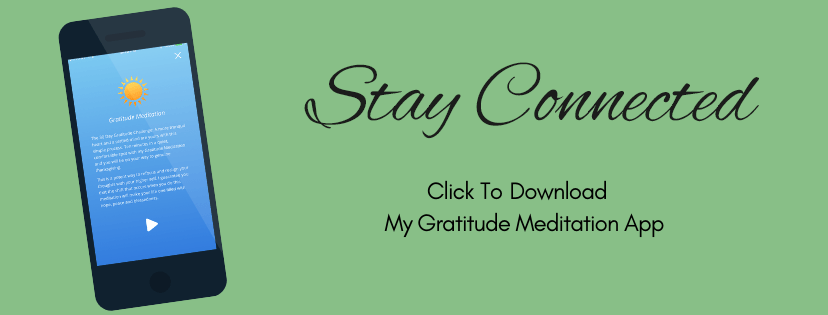Today I want to talk about the positive results of learning the simplified version of “Moonlight Sonata” on the piano, the easy violin version of the theme from Fiddler on the Roof, or all the guitar chords to Michael Jackson’s, “Beat It”. Wait, wait I mentioned serious rock and roll music in the same sentence with good news? Yes, because there is a galaxy of difference between listening to rock music, and playing rock music.
The impact on our brain of playing music as we age
No matter what kind of music one plays or on what kind of instrument—from a harmonica to a base cello, the process is identical, and all quadrants of the brain are engaged in the same way. Very cool, no? This is one reason old rockers, even very old rockers, are generally still pretty sharp, if they didn’t fry their brains on drugs and alcohol before they grew up and found juicing. In fact, emerging research shows that lifelong musicians have 68% less cognitive decline and 64% less incidents of dementia than non-musicians.
Looking at the leading-edge research of Dr. Alison Balbag at the University of Southern California, we know we learn that the brains of long-time and professional musicians have extremely high memory retrieval ability, and lose very little of it long past their early 50’s when their non-instrument playing friends experience problems with memory issues and other signs of cognitive decline.
The research also shows that adults with a lifetime of music training do not exhibit neural timing delays in either information processing or verbal fluency—that ability I wrote about last week which involves a higher number of words spoken in a set amount of time when describing an image.
Playing music as a child benefits your adult brain
One other group of people who show the positive results from instrument playing are those who played as a child. In the last decade or so, study after study point to learning to play and practicing a musical instrument from four to fourteen years during childhood or in the young teen years banks benefits relating to our auditory discrimination by sharpening our neural processing of sound, our verbal and fine motor skills, even our intelligence.
The effects last for decades even if we set down our tuba and never tooted another note—even after 40 years! Just like lifelong musicians, childhood musicians showed the least problems with noise-induced timing delays relating to speech. And, they had higher cognitive abilities than those who never played.
Even more benefits of music
Music is one of the most powerful creations on our planet, an expression of the soul of every creature who makes music—from the songbirds in the trees to the dolphins in the ocean to the concert pianist at Carnegie Hall. It soothes us, energizes us, and now we know it also protects us from experiencing declining faculties.
No matter when, or if, you have ever thought about playing or learning to play an instrument, I hope I have encouraged you to pick one up and revive your lessons or learn a new skill in your later years. Simply adjusting your listening habits a bit can also have great benefits. No matter which of these options you choose, you will feel and experience the healing gifts music offers to us all.
Until Next time….Be Vibrant!
Subscribe to Receive
Vibrant Aging™ Tips
Delivered Right to Your Inbox
&
Vibrant Aging™ Coach
